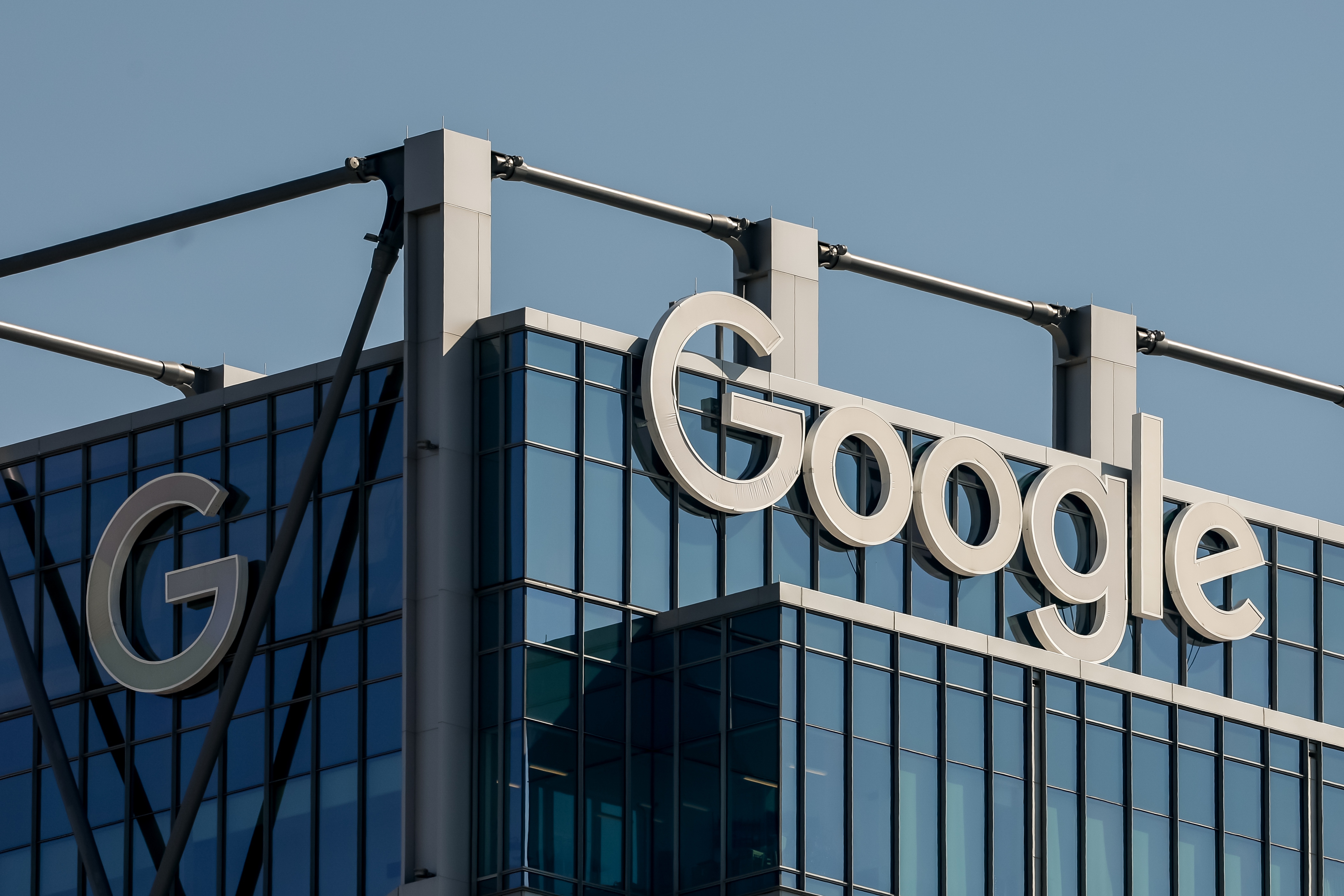US District Judge Amit Mehta in Washington, DC, lambasted Google for allegedly failing to preserve internal chats and abusing protections for legal communications, but he declined to formally sanction the company.
Mehta ruled on Monday that Google violated antitrust law, spending billions of dollars to create an illegal monopoly and become the world’s default search engine, the first big win for federal authorities taking on Big Tech’s market dominance.
The ruling paves the way for a second trial to determine potential fixes, possibly including a breakup of Google parent Alphabet, which would change the landscape of the online advertising world that Google has dominated for years.
It is also a green light to aggressive US antitrust enforcers prosecuting Big Tech, a sector that has been under fire from across the political spectrum.
“The court reaches the following conclusion: Google is a monopolist, and it has acted as one to maintain its monopoly,” Mehta wrote. Google controls about 90% of the online search market and 95% on smartphones.
The “remedy” phase could be lengthy, followed by potential appeals to the US Court of Appeals, District of Columbia Circuit and the US Supreme Court. The legal wrangling could play out into next year, or even 2026.
US Attorney-General Merrick Garland called the ruling “a historic win for the American people”, adding that “no company - no matter how large or influential - is above the law”.
White House press secretary Karine Jean-Pierre said the “pro-competition ruling is a victory for the American people”, adding that “Americans deserve an internet that is free, fair, and open for competition”.
Read more: Google has an illegal monopoly on search, US judge finds
The US Justice Department had asked Mehta to punish Google for what the government called its “systematic destruction” of employee messages and “flagrant misuse” of the attorney-client privilege that shields communications with lawyers.
Mehta said it was not necessary to rule on Google’s evidence handling to decide whether the company violated antitrust law.
“Still, the court is taken aback by the lengths to which Google goes to avoid creating a paper trail for regulators and litigants,” Mehta wrote. Google “trained its employees, rather effectively, not to create ‘bad’ evidence”, he said.
Google and the Justice Department declined to comment on Mehta’s decision not to sanction Google over its evidence safeguards. Google has denied violating antitrust law and said on Monday it will appeal against the court’s ruling. It has also denied mishandling evidence.
Google had a longstanding practice of automatically deleting employees’ chat messages after 24 hours unless the person clicked a “history on” button to preserve them. It changed the policy last year to better safeguard chats.
Mehta also criticised the company for its “communicate with care” initiative, which involved Google employees adding lawyers to messages and marking them “attorney-client privileged”.
The fight over Google’s chat records has extended into other cases challenging the tech company’s business practices.
A federal judge in California last year ruled that Google “wilfully” failed to keep relevant chat evidence in a lawsuit filed by Fortnite maker Epic Games.
Epic prevailed at that trial, which accused Google of overly controlling the Android app market.
Later this month, a federal judge in Virginia will hear arguments about evidence destruction in the Justice Department’s lawsuit against Google over its digital advertising practices. A non-jury trial is scheduled for next month.
Mehta said his decision to not sanction Google was not an exoneration.
“Any company that puts the onus on its employees to identify and preserve relevant evidence does so at its own peril,” Mehta wrote. “Google avoided sanctions in this case. It may not be so lucky in the next one.” DM
This article is more than a year old
World
Landmark Google antitrust ruling sounds warning to companies on evidence safeguards
A ruling in the US on Monday that Alphabet’s Google illegally monopolises web searches also came with a rebuke for the tech giant for obscuring potential evidence in the case, and a warning to other companies about safeguarding data.





